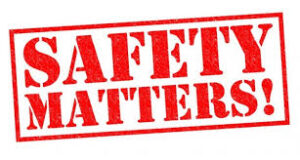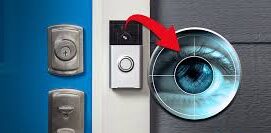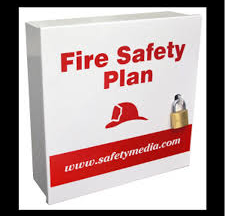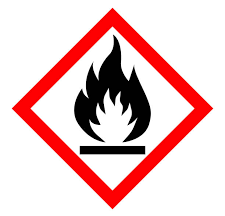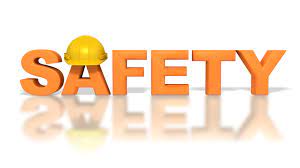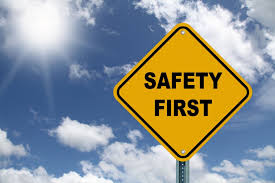 April 2025
April 2025
Being proactive and prepared is the key to maintaining a safe and secure home. Taking steps to minimize risks in your high-rise condominium building improves security, safety and reduces the need for costly insurance claims.
Emergency Preparations and Building Practices
- Allow access to your unit for cleaning of plumbing stacks, dryer ducts, fan coil systems and fire safety system inspections.
- Be familiar with the building’s emergency evacuation plan and location of stairwells. Create an emergency plan for your household.
- Maintain emergency supplies that include first aid kit, flashlights, batteries and non-perishable food that can be used should there be a power failure or shelter-in-place situation.
Reduce Water Risks
- Periodically inspect your unit for indications of water leaks. Look for damp areas, musty odours or discolouration.
- Maintain your plumbing and water pipes in good working order with no visible signs of leaks.
- Regularly check your dishwasher, fridge and clothes washer hoses for evidence of wear and tear, and that they are properly connected.
- Install water or leak detection systems, with alarms and electronic notification, to quickly identify and respond to potential leaks.
- Be aware of how your air conditioning unit drains, and check regularly to ensure it is draining during warmer months.
- Have a licensed professional address any plumbing issues or concerns as quickly as possible.
Reduce Fire Risks
- Ensure your unit is equipped with functioning smoke detectors and fire extinguishers. Smoke detectors should be less than 10 years old. Check the expiration date on fire extinguishers and ensure the locking pin is intact.
- Avoid overloading electrical outlets, use surge protectors and discard electrical cords with visible damage.
- Cook safely. Never leave the stove unattended and keep flammable items away from heat sources.
- Smoking, if allowed, should only be in designated areas. Cigarette butts should be properly extinguished before discarding.
- If using a barbecue, keep flammable materials a safe distance away. Completely extinguish a barbecue after use.
- If placing decorations on a door, avoid using any that can be ignited by a fire. This eliminates the fire rating for a door designed to protect you in the event of a fire.
- Avoid charging electronic or electric devices using an extension cord. Never tamper with or use unapproved batteries in electronic or electric devices.
- When charging cell phones and other electronic gadgets, ensure they are on a solid surface away
- from bedding.
- If you require assistance in evacuating in the event of a fire, notify building management in advance of any emergency. This information can be added to the Fire Safety Plan utilized by first responders and building staff during an emergency.
Reduce Security Risks
- Report suspicious activities or individuals to building staff.
- Be aware of who is accessing the building directly behind you. Report anyone unrecognizable to building security.
- Ensure all security or locking doors fully close after entering or exiting through them.
Should any security or safety incident occur in your presence, take steps to minimize damage and ensure personal safety. Immediately notify building management or security and provide them with all relevant information. Document the incident by taking photos and keeping records of any damage that occurred.
Any failure to promptly report a potential insurance claim can result in the insurance company denying coverage for any loss.
